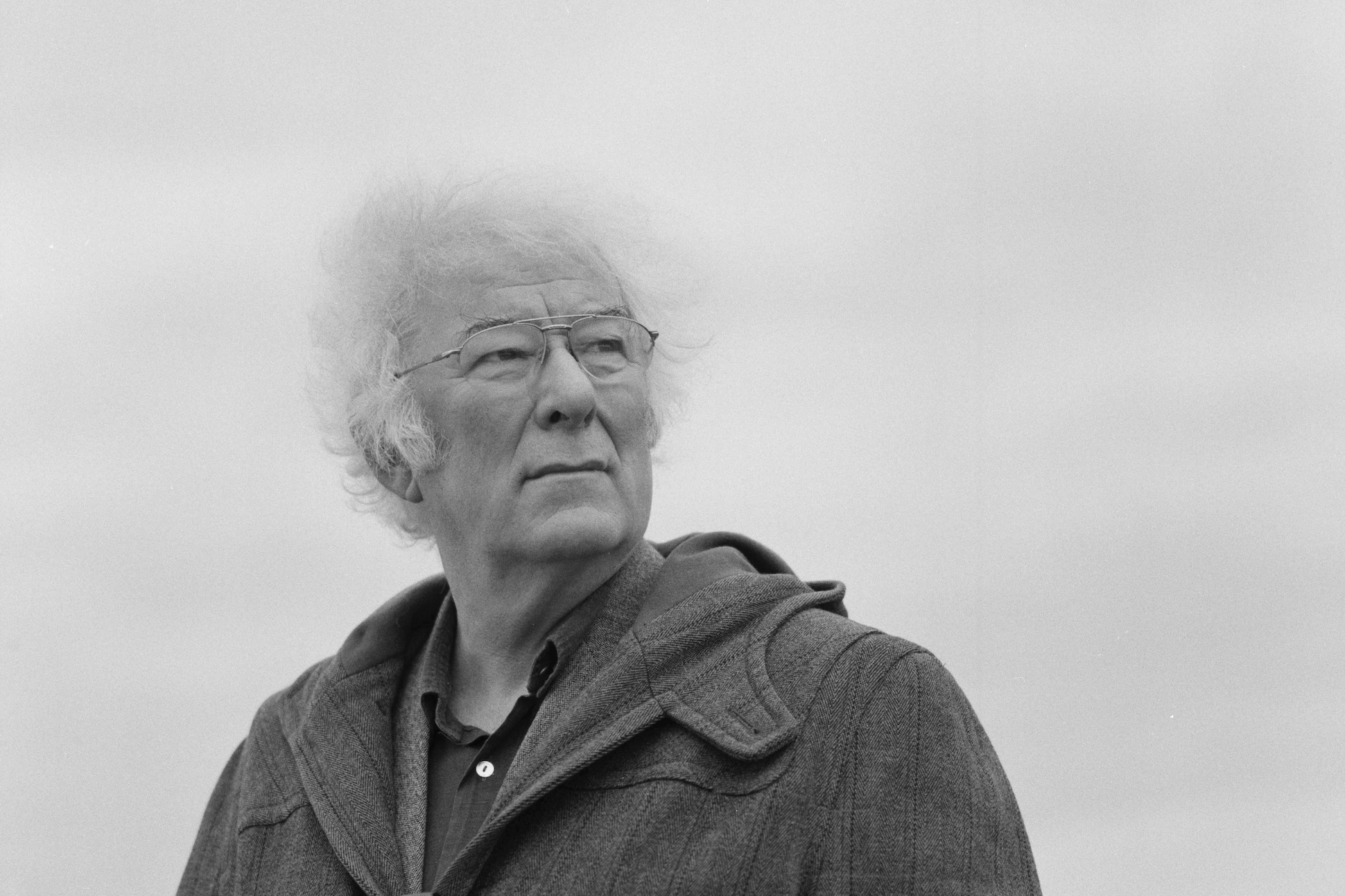

"Seamus Heaney is widely recognized as one of the major poets of the 20th century. A native of Northern Ireland, Heaney was raised in County Derry, and later lived for many years in Dublin. He was the author of over 20 volumes of poetry and criticism, and edited several widely used anthologies. He won the Nobel Prize for Literature in 1995 "for works of lyrical beauty and ethical depth, which exalt everyday miracles and the living past." Heaney taught at Harvard University (1985-2006) and served as the Oxford Professor of Poetry (1989-1994). He died in 2013.
Heaney has attracted a readership on several continents and has won prestigious literary awards and honors, including the Nobel Prize. As Blake Morrison noted in his work Seamus Heaney, the author is "that rare thing, a poet rated highly by critics and academics yet popular with 'the common reader.'" Part of Heaney's popularity stems from his subject matter—modern Northern Ireland, its farms and cities beset with civil strife, its natural culture and language overrun by English rule. The New York Review of Books essayist Richard Murphy described Heaney as "the poet who has shown the finest art in presenting a coherent vision of Ireland, past and present." Heaney's poetry is known for its aural beauty and finely-wrought textures. Often described as a regional poet, he is also a traditionalist who deliberately gestures back towards the “pre-modern” worlds of William Wordsworth and John Clare." from Poetry Foundation
Death of a Naturalist
All year the flax-dam festered in the heart
Of the townland; green and heavy headed
Flax had rotted there, weighted down by huge sods.
Daily it sweltered in the punishing sun.
Bubbles gargled delicately, bluebottles
Wove a strong gauze of sound around the smell.
There were dragonflies, spotted butterflies,
But best of all was the warm thick slobber
Of frogspawn that grew like clotted water
In the shade of the banks. Here, every spring
I would fill jampotfuls of the jellied
Specks to range on window sills at home,
On shelves at school, and wait and watch until
The fattening dots burst, into nimble
Swimming tadpoles. Miss Walls would tell us how
The daddy frog was called a bullfrog
And how he croaked and how the mammy frog
Laid hundreds of little eggs and this was
Frogspawn. You could tell the weather by frogs too
For they were yellow in the sun and brown
In rain.
Then one hot day when fields were rank
With cowdung in the grass the angry frogs
Invaded the flax-dam; I ducked through hedges
To a coarse croaking that I had not heard
Before. The air was thick with a bass chorus.
Right down the dam gross bellied frogs were cocked
On sods; their loose necks pulsed like sails. Some hopped:
The slap and plop were obscene threats. Some sat
Poised like mud grenades, their blunt heads farting.
I sickened, turned, and ran. The great slime kings
Were gathered there for vengeance and I knew
That if I dipped my hand the spawn would clutch it.
 Seeing Things
by
Seeing Things
by